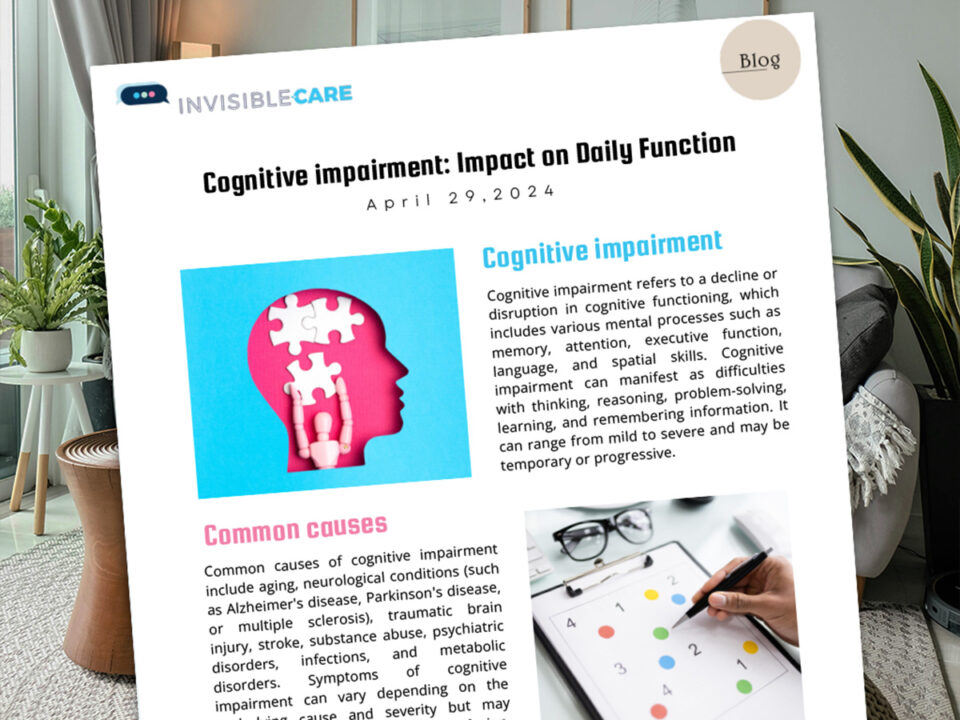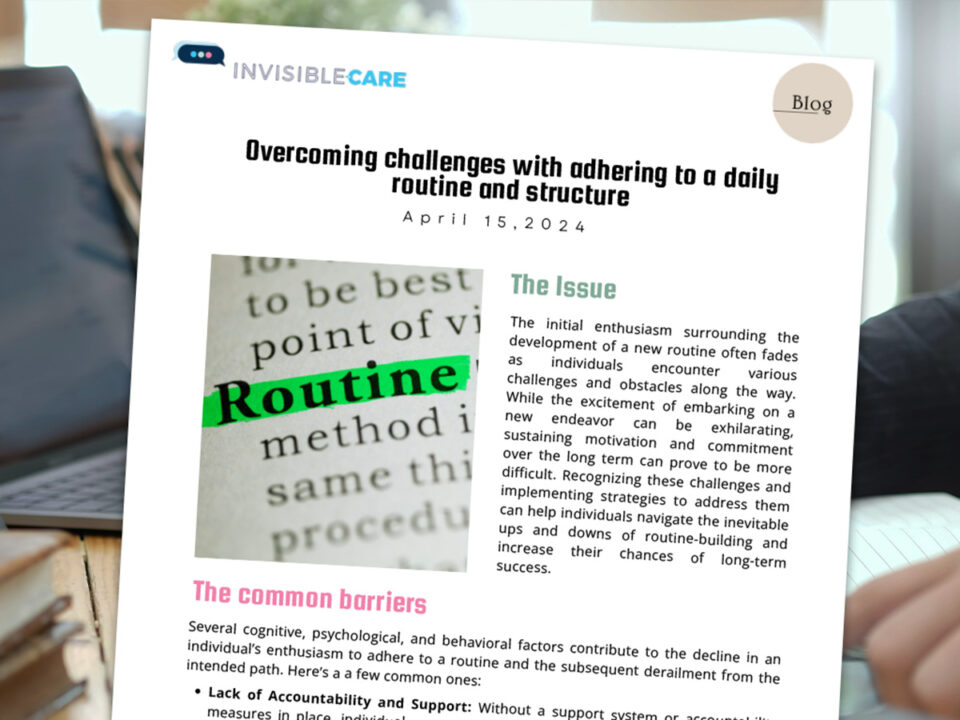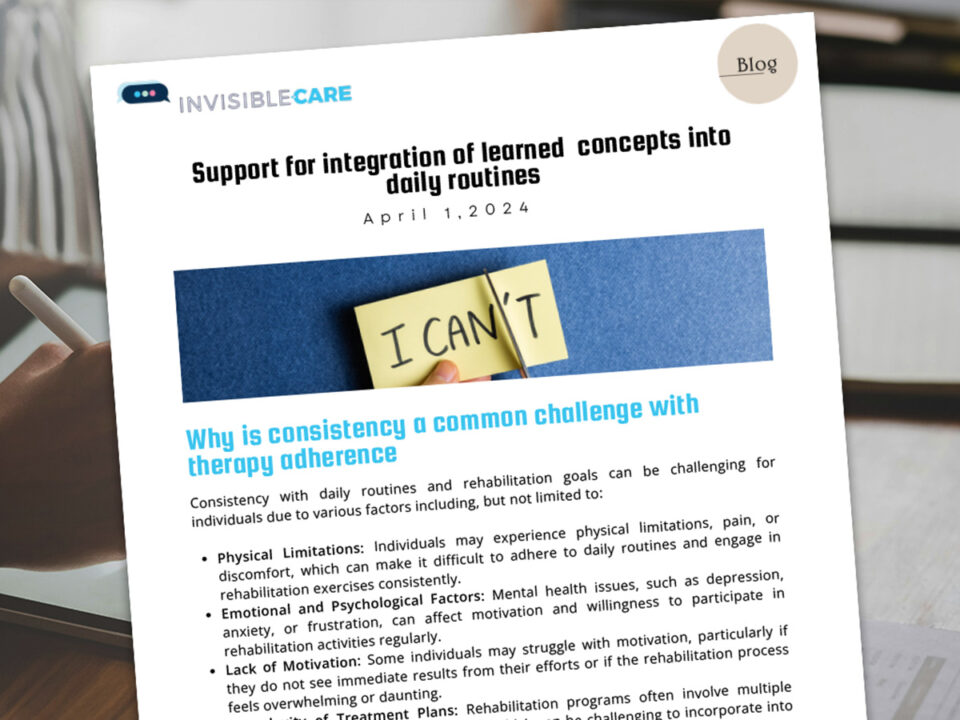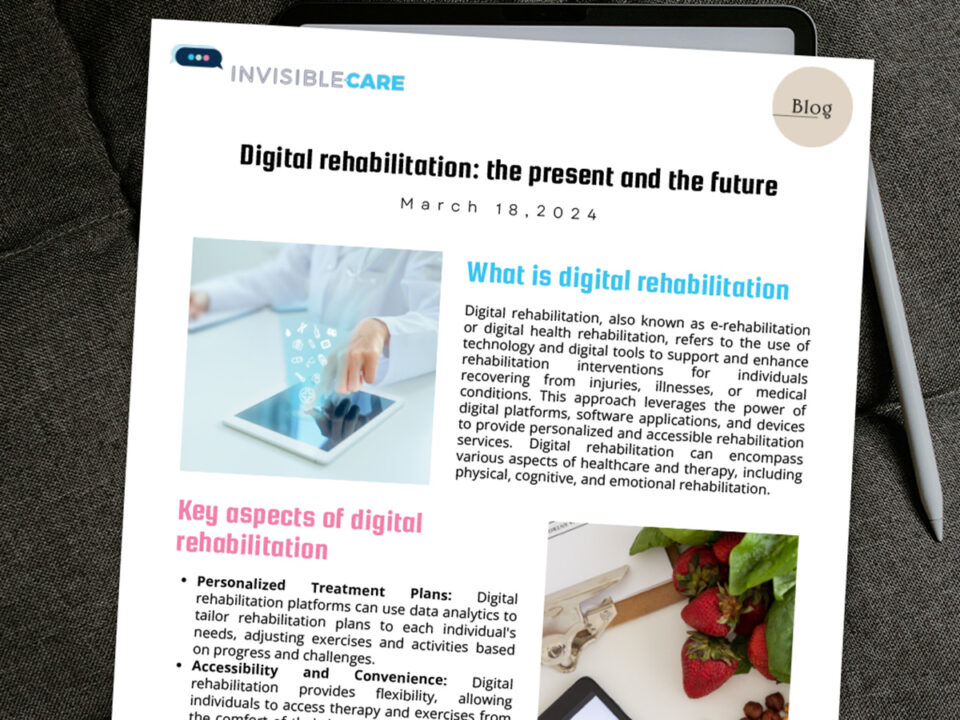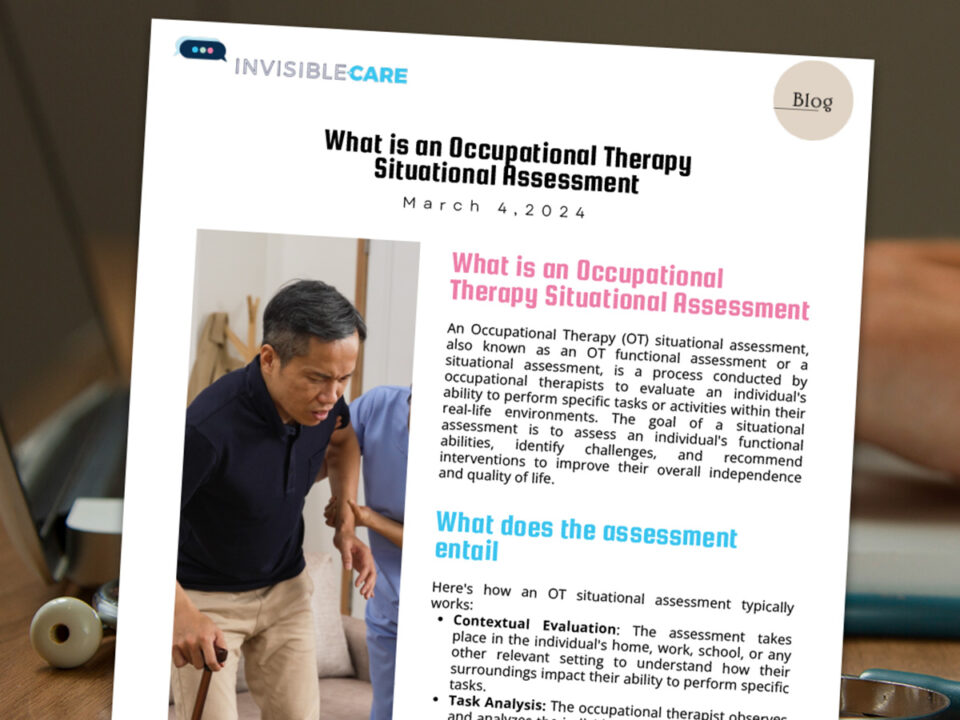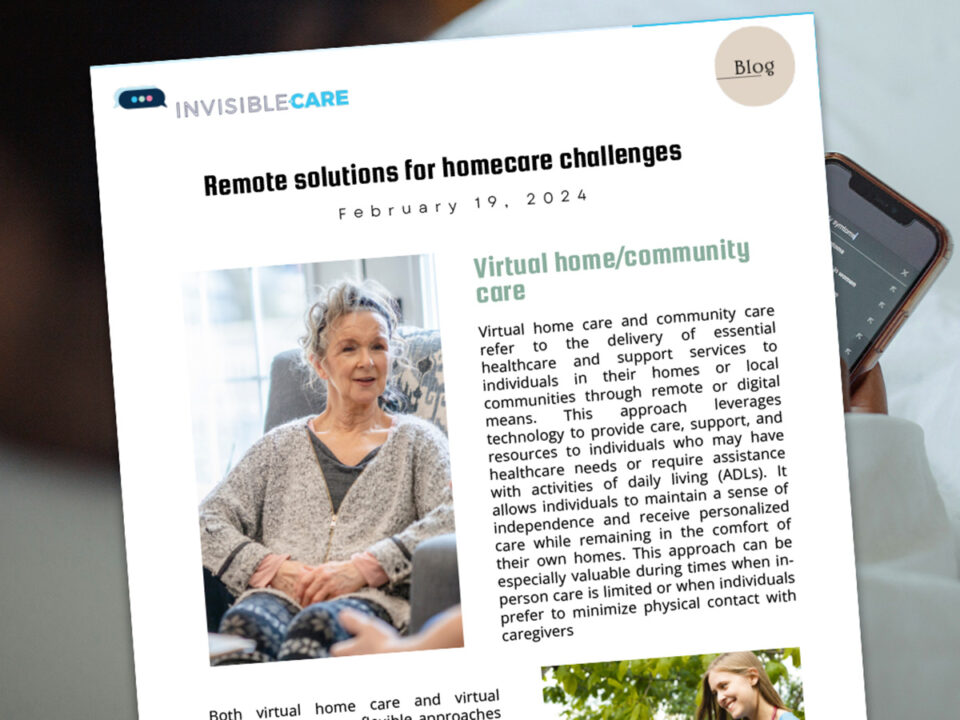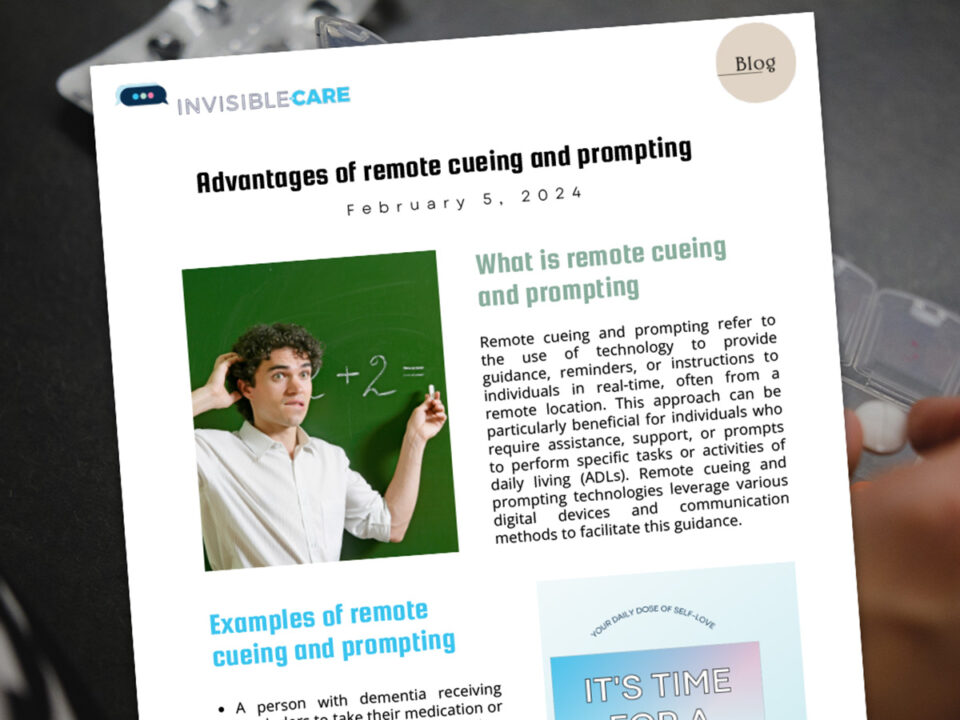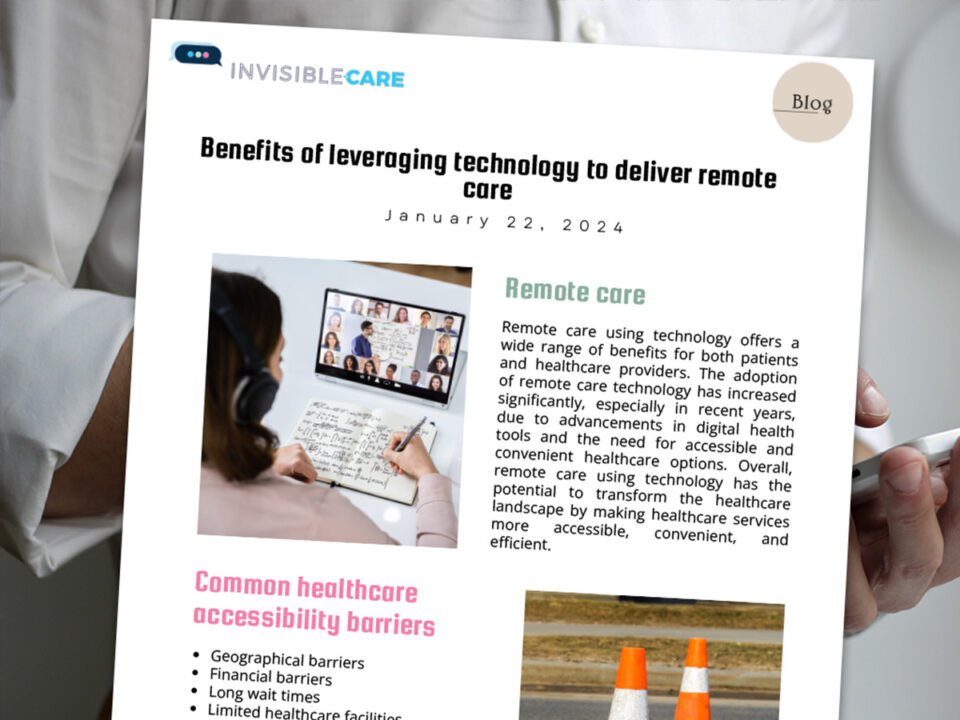May 13, 2024
Psycho-emotional and behavioral impairments can significantly diminish individuals' quality of life, limiting their participation in meaningful activities, reducing their sense of fulfillment and purpose, and undermining their overall well-being. Effective interventions, such as psychotherapy, behavioral interventions, medication management, and support services, are essential for addressing these challenges and promoting optimal functioning and quality of life.



